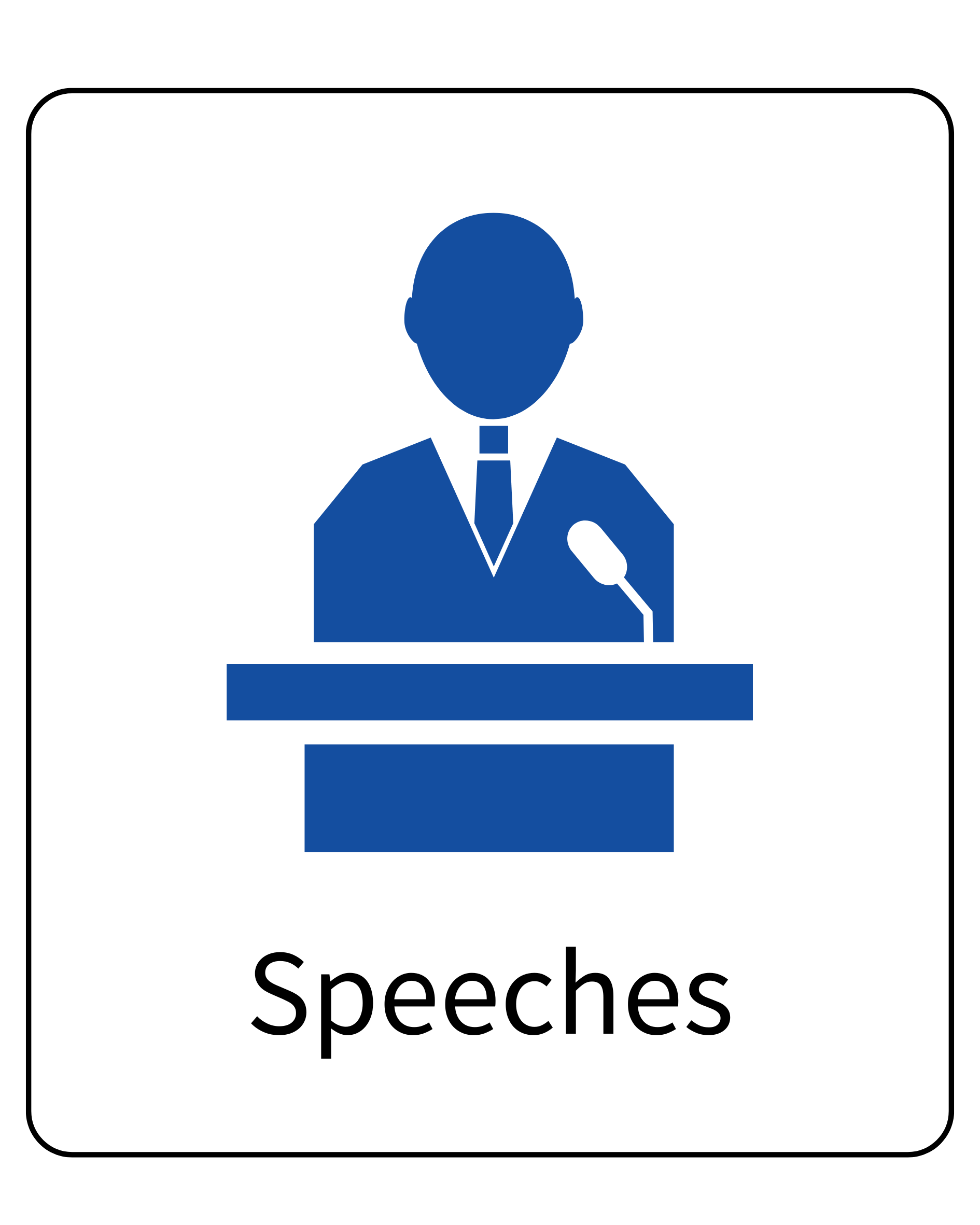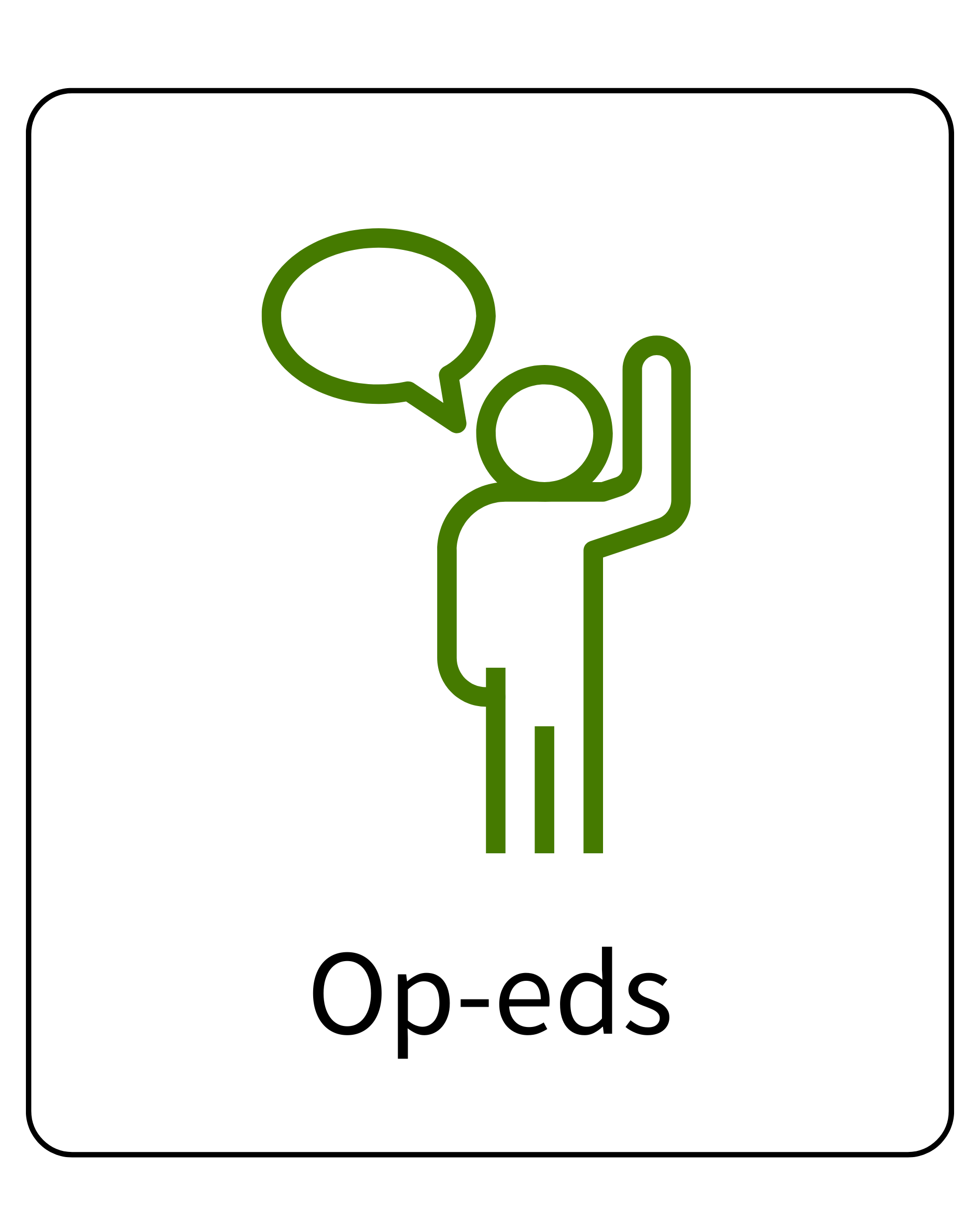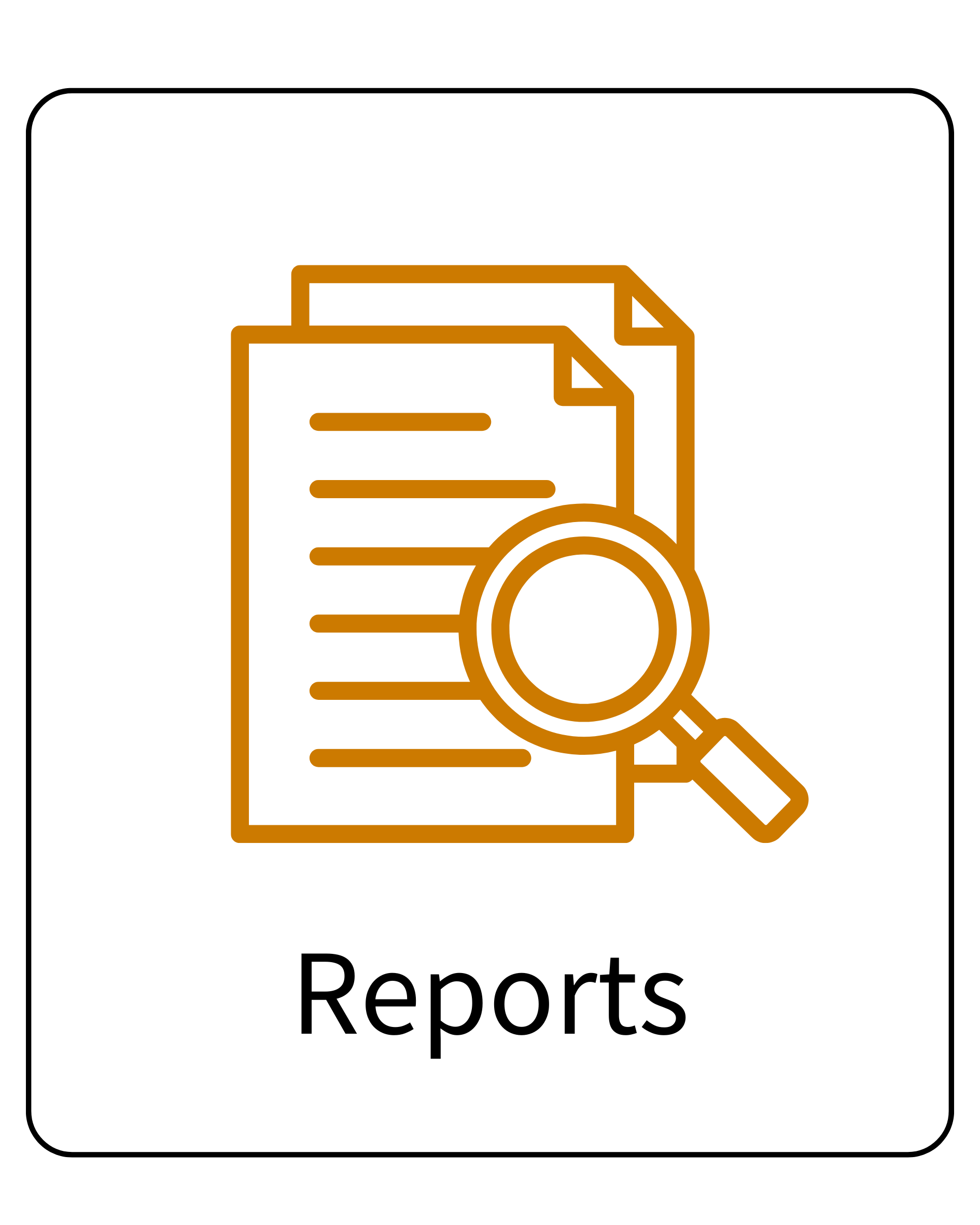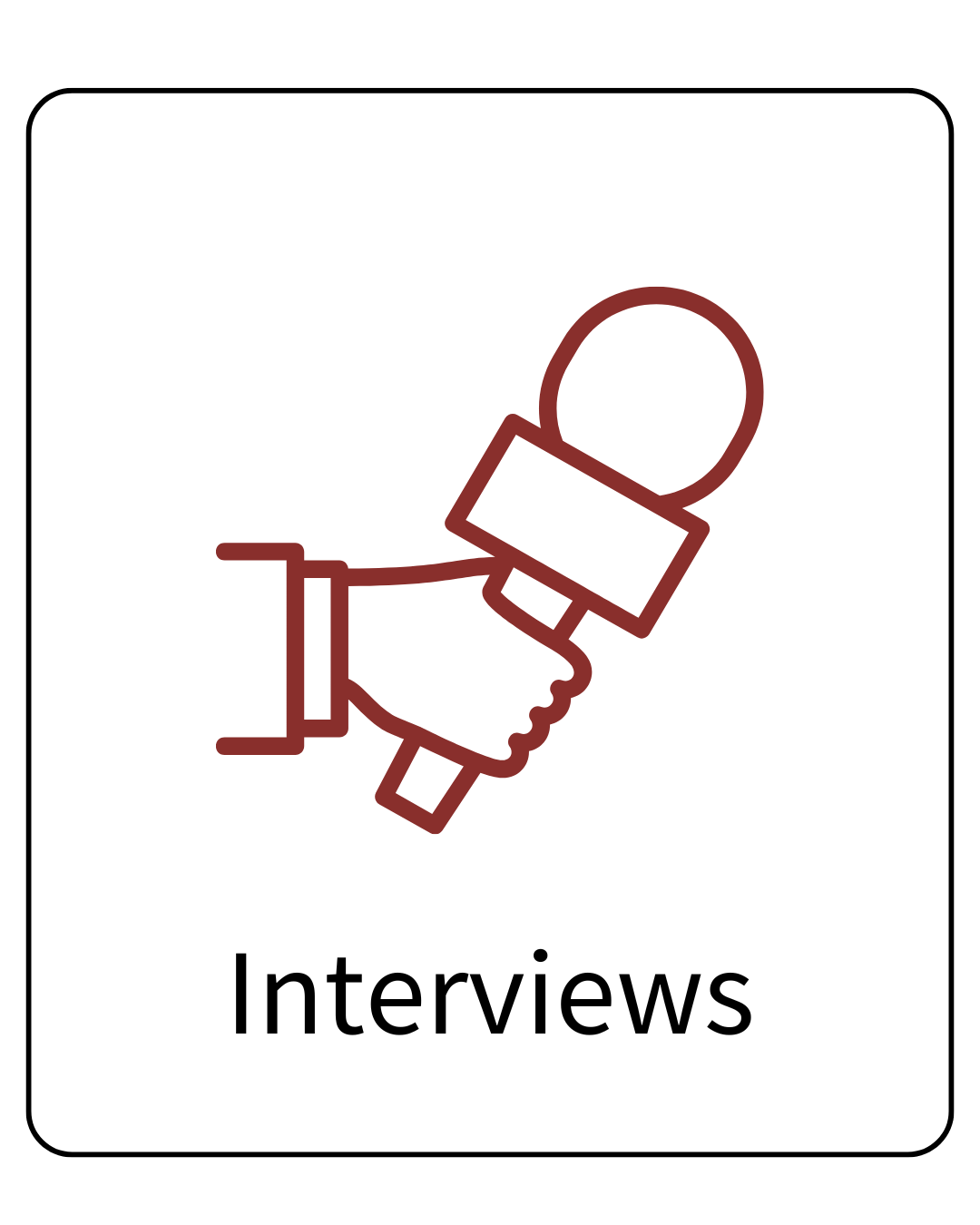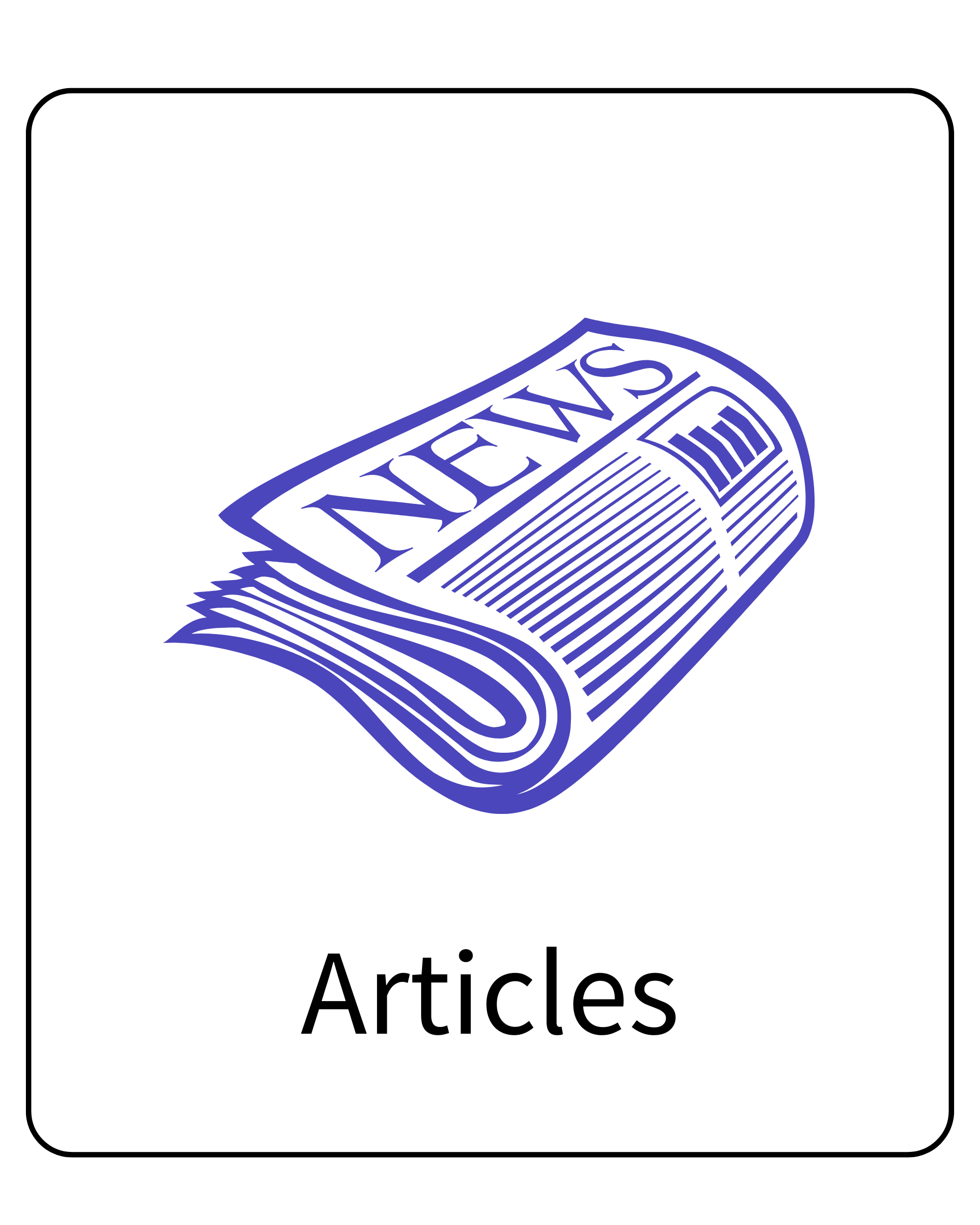RECO Reads Jr.
Start building your academic reading and writing skills by engaging with accessible sources such as news articles and speeches on any topic. Craft and publish a series of mini-blogs. Ideal for Grades 8-11.
2 months | 8 live hours | Write 1000+ words | Individual Mentoring
Begin your reading journey.
Colleges expect students to read complex texts. Doing this without preparation can shake your confidence. RECO Reads Jr. smoothens your transition into reading college-level mateials.
Each week, students engage with age-appropriate materials on a topic of their choice, under the guidance of a mentor. Students also write mini blogs that can be published.
RECO Reads Jr. is ideal for students who have either completed RECO Spark or have identified a theme they want to explore.
How it works
Start with a call with our founder to brainstorm your topic and your interests within it.
Connect with a mentor with similar interests, who will curate a special curriculum for you.
Before each session, you will be assigned interesting readings and short writing tasks on your topics of choice.
In the last two sessions, you will refine all your mini blogs.
Sample student journey:
-
Through the discovery call with RECO’s founder — Paritosh Kanoria (BA Stanford, MA UChicago) — the student decides to explore the theme of sustainable technology.
-
Session 2: Clean Energy in Everyday Life
Mini-blog focus: How sustainable energy shapes daily life
Reading: News articles + explainer pieces
Theme: Clean energy adoption
Subjects: Environmental Science, Economics, Public Policy
Session 3: Sustainability and Inequality
Mini-blog focus: Who benefits from green technology?
Reading: Book chapter + long-form journalism
Theme: Access and equity
Subjects: Development Studies, Sociology, Economics
Session 4: Technology and Sustainable Agriculture
Mini-blog focus: Feeding the world sustainably
Reading: Research article + case study
Theme: Food systems and innovation
Subjects: Biology, Environmental Science, Ethics
Session 5: Green Business and Accountability
Mini-blog focus: Real sustainability vs. greenwashing
Reading: Corporate reports + investigative journalism
Theme: Corporate responsibility
Subjects: Business Studies, Economics, Media Studies
Session 6: Imagining the Future of Sustainable Tech
Mini-blog focus: What should innovation prioritize?
Reading: Expert interviews + keynote speeches
Theme: The future of innovation
Subjects: Technology Studies, Ethics, Public Policy
-
Edit and polish all your mini blogs.
Kiara’s journey through Reads Jr.
Kiara (Grade 9, Hill Spring, Mumbai) focused on gender and wrote masculinity, stereotypes, and sati.
Over 8 weeks, she read news articles from the Economic Times, and New York Times, watched TED speeches by Chimamanda Ngozi Adichie, read a genre-defining book by Maggie Nelson, and explored a UNESCO data set.
One topic, many perspectives
Through RECO Reads Jr, students learn to read between the lines — evaluating the reasoning, assumptions, and agenda of different sources and thinking critically to develop their own perspectives.
The course guides students through carefully curated materials including:



